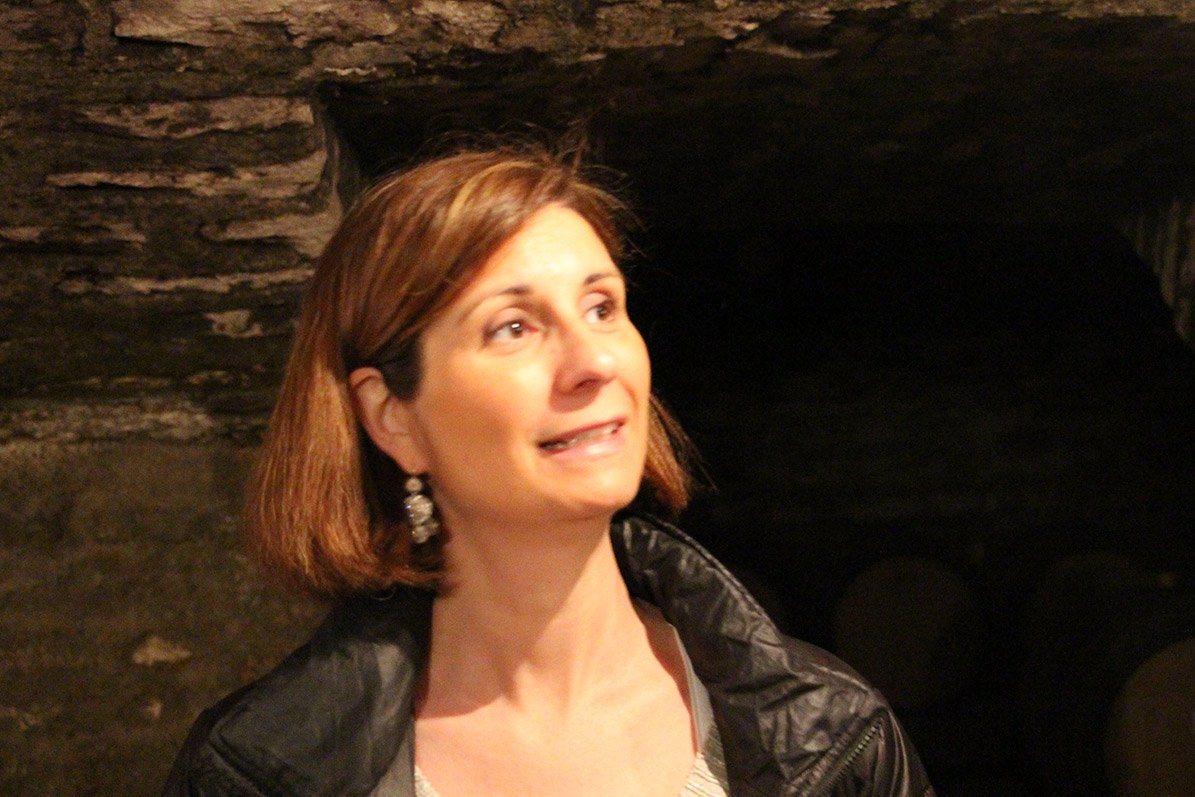Francois Parent
Burgundy, France
The Story
This story emerges out of one of Burgundy's extensive family trees. You can attempt to make sense of it all, but what matters the most is that the wines in these bottles are finely crafted, impressive Burgundy. To keep it as simple as possible, François Parent is married to the famous, Anne-Françoise Gros, and makes the wine for both estates. The fruit sources come from the fortunate holdings of the Gros family in Vosne-Romanée and François’s family holdings in Pommard. The wines from Vosne-Romanée express very well the nobility, power and grace of this great village. The Pommard wines come from the northern end of the village and are full of earth and dark fruits, qualities the village is known for. The estate is run by the son and daughter (Caroline, pictured here) of François Parent and Anne-Françoise Gros.
Lay of the Land
François Parent is married to Anne-Françoise Parent-Gros. Since they married, François has had access to her family’s holdings in Vosne-Romanée and Vougeot, and continues production of his own family vineyards in Pommard. They work with many different communes inside of the Côte d'Or, but none more important than Vosne-Romanée, a village that is home to some of the most profound terroirs in Burgundy. The wines from this commune exude the archetypal elegance and refinement that Vosne-Romanée is so famous for. The terroir is credited with having some of the most extraordinary exposures and climate, and the soil is almost entirely red-brown clay, interspersed with bits of limestone and exceptional drainage. Vougeot is a village in the Côte de Nuits known for the famous Grand Cru vineyard, Clos de Vougeot. While there are some very good white wines made in this appellation, its reputation rests on this massive Grand Cru. The vines grow at altitudes between 240 and 280 metres. Those on the upper slopes occupy shallow brown limestone and on the lower slopes, a mix of limestone and clay. Pommard sits just south of Beaune and is one of the most northern communes in the Côte de Beaune. The soil here is often red from the presence of iron oxide in the soil which creates wines described as chewy, austere and deeply mineral. They are certainly comparable to the highest quality wines of the Côte de Nuits. There are a zillion things to say about these extraordinary appellations and a single paragraph cannot do them justice.



